Liminal space and owning your dreams.
"Nothing dies harder than a bad idea." Julia Cameron.
I feel exhausted.
I can only imagine how the traders among you feel after the past few weeks.
Following the ups and downs of the market, the news cycle, the gut-wrenching trainwreck of American politics . . . it feels like a privilege to not be immersed in it.
And yet, I feel exhausted.
I’ve picked up Julia Cameron’s morning pages again. Three pages by hand. I write my way through the resistance, through the anguish, the exhaustion. I don’t have time. I don’t want to write. I’m tired. I’m tired. Tired . . .
I move through a thick soup of frustration. A pattern keeps revealing itself. Resistance to motion, fear to anger, anger to sorrow, sorrow to surprise . . . the surprise of words waiting to be spoken.
My place has been a mess.
Boxes of books and journals. Lonely pieces of furniture looking for a new home. A whole life spent holding on to what suddenly lacks any substance.
I’m in liminal space, a foggy in-between, a disorienting passage. A passage to where?
Something died. An era. A persona. A collection of ideas.
I sold the TV. The bookcases. The books are going, too. It’s like hacking away at the rotting stump of a tree long gone.
I can tell who I was from old pictures. But who am I now?
The past is still here, all around me. It claws its way into my dreams. Dreams of trains and mazes. Dreams of people I haven’t seen in decades. Old friends. Girls I will forever remember as teenagers glowing with vibrant youth. Too late. I haste through my dreams. Too late.
The space of the mind feels treacherous. Floors that don’t hold. Rooms filled with questions I can’t answer.
What am I here to do? What is true? What is real? What is coming? What do I want?
I have a hard time with that, with desire. Understanding it, admitting it.
I’m talking about deep desires, strong and heartfelt. Unreasonable. The vivid dreams that reveal our power. I’m talking about what lives so close to the soul, it can barely be put into words.
This space is beyond what others care about or approve of. It’s pure and frightening.
I am talking about the path through the labyrinth, the one toward our gifts. The thread that leads us back will unravel the sweater of reality. There you are. Naked.
Instead of admitting those dreams, I make up a story. I create circumstances that allow me to shift blame. Do what I really want to do without owning it.
It’s not me. It’s the world. I had no choice . . .
I’ve been meeting lots of people and it’s the same exchange over and over.
I am leaving New York. “Where are you going?” I don’t know. Why? It’s too expensive.
But is that true?
Sure, it is expensive and I don’t exactly know where I am going. I call it my surrender experiment. But that’s not the whole story. Can I accept what emerges in liminal space?
Am I just tired of the city, the compromise, the noise, the lack of space? Do I finally understand how it shifts my attention to the short-term, like a company trying to make its quarterly numbers? Can I accept that I want something else?
Do I just want to drift? Wander through nature, beat a drum among trees? What would that say about me? What kind of madness lies hidden in the realm of our power?
“Nothing dies harder than a bad idea,” Julia Cameron writes in the Artist’s Way. “We all know how broke-crazy-promiscuous-unreliable artists are. And if they don't have to be, then what's my excuse? The idea that I could be sane, sober, and creative terrified me, implying, as it did, the possibility of personal accountability. You mean if I have these gifts, I'm supposed to use them? Yes.”
Can we accept our potential, or do we wrap it in an impossible story?
Who would I be without my drama?
I am learning from the liminal space. Every day is a teacher.
What is alive?
The feet already know. They just move across the map. Only the mind wants to know.
Thought after thought after thought after thought afterthought
I am learning to be patient and gentle. To have compassion.
I notice what is alive and what is dead, what flakes off when I touch it. Which pages hold magic, which are just dry paper?
There is a path through the dream. A trail of aliveness.
Motion is beyond story. It is a space of embodied knowledge, of connection and energy. It carries echoes of the eternal.
Old dreams shatter, leaving pieces of glass-stained beauty. Sparks for a new mosaic.
All that is frozen can be released.
All that is stuck can move.
The hardest thing? Letting go of an old story.
The easiest thing? Trust your body. Start walking. Let your feet do the talking.
— Frederik
“Through dancing I discovered that when you put the psyche in motion, it heals itself.” — Gabrielle Roth, founder of 5 Rhythms, maps to ecstasy
Journaling prompt I’ve enjoyed.
YouTube: Can I own my desires?
What desires do I hide from the world? What would I not admit in public? What sounds so outlandish or delusional that I can barely admit that, yes, in fact, I do carry that dream? What is the resistance, the mismatch between who I am and how I want to be seen?
Let’s say you’d like to write in public. You have to face your fears: fear of being exposed, being wrong, being mocked, or being met with indifference.
But you would also have to accept the underlying desire. You want to write and, what, feel seen? You want to be creative? Maybe, god forbid, even be successful or famous? Change the world with your works?
Follow that trail and make a list of your objections. Consult Julia Cameron’s Artist’s Way for helpful affirmations. Also, Byron Katie's Loving What Is offers a powerful way to meet negative frozen beliefs.
Some reading for the weekend.
Elaine: isolation; a trap I’ve struggled with all my life.
“The challenge for me isn’t committing to a practice but the opposite—exercising the discipline to not write so that I can hold space for other sources of joy, meaning, and psychological richness.
The single-minded pursuit of any endeavor, no matter how much it brings us joy or meaning, is a road to loneliness. And that’s not a road I would take again.”
Tom Morgan: There's a Horse Loose in a Hospital; truth-tellers, comedians, and shamans.
The problem is that some spiritual people take themselves FAR too seriously and there’s nothing intrinsically amusing about most of these topics. The point here isn’t to mock spirituality; that’s the easiest of targets. It’s to speak the truths from outside the rationalist-industrial complex: the box that’s kept us mentally imprisoned for decades.
(Also Tom’s two conversations with Brian Whetten, a must-listen for anyone coaching or being coached — thriving as a coach, a playbook for leaders).
Nicolas Michaelsen: What does it mean to be in a Post-Future world?
To live syntropically is to tune oneself to this convergence—to become a vessel through which ancestral wisdom and future possibility meet. It is a way of sensing and shaping reality that honors emergence, pattern, and deep time.
Syntropy speaks of attractors—patterns of coherence, beauty, and aliveness that pull us forward not through plans, but through presence.
It begins by asking a simple question in every context you enter: What feels most alive in me, right now? Then orient toward it, protect it, build from it. That is how the future returns—through our response to what is already calling.
Dave Nadig: Impermanence
When there is no longer any knowledge of the difference between corpse and self, when the broken body on the screen becomes my body, aching with pain, disconnection, rot and decay until neither body remains, only one thing seems to be left: the sense of compassion, wonder and gratitude that humans have tried to label forever: Brahmavihara, Agape & Aloha, Chesed, Buddha-mind, God’s Grace.
All things are indeed impermanent. And yet, somehow, throughout each flicker of reality, each print on the tape, each body in the morgue,
Love seems — if not permanent and undying — insistent.
Jillian Hess: Pablo Picasso's Stunning Repetitions
“Between 1894-1967, Picasso filled 175 sketchbooks. They were so important to him that he inscribed one of the sketchbooks with the words
Je suis le cahier
I am the notebook.”
Finally: Julia Cameron. My memory labeled her the “three pages by hand” lady. Now, years later, I find in her book a wise guide to the spiritual-creative source. It’s all about motion — a morning meditation on the page.
The book is structured as a 12 week course, self-study or as a group. I’m thinking of hosting one or two online circles or groups dedicated to writing and inner work. Leave your name and email if that’s of interest to you.

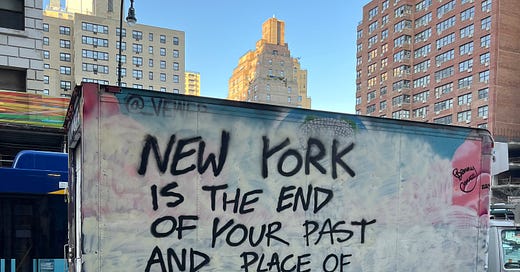


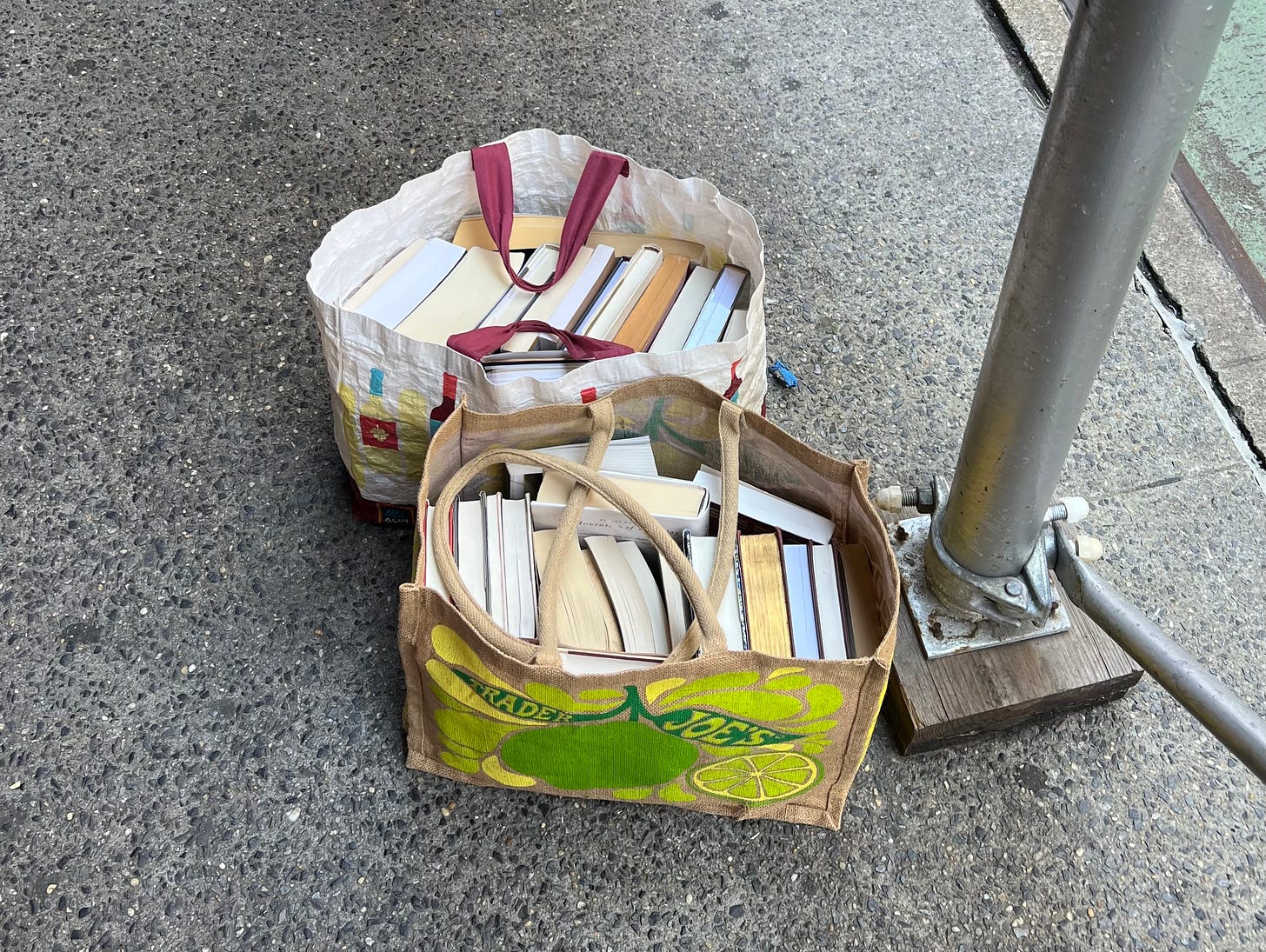

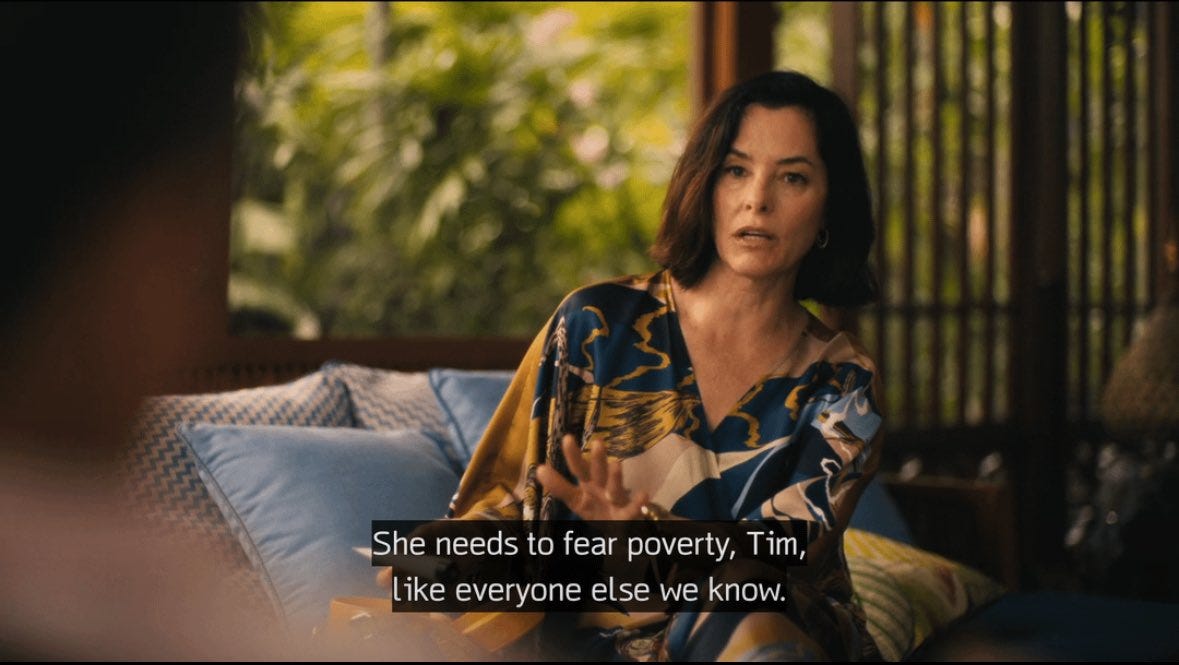
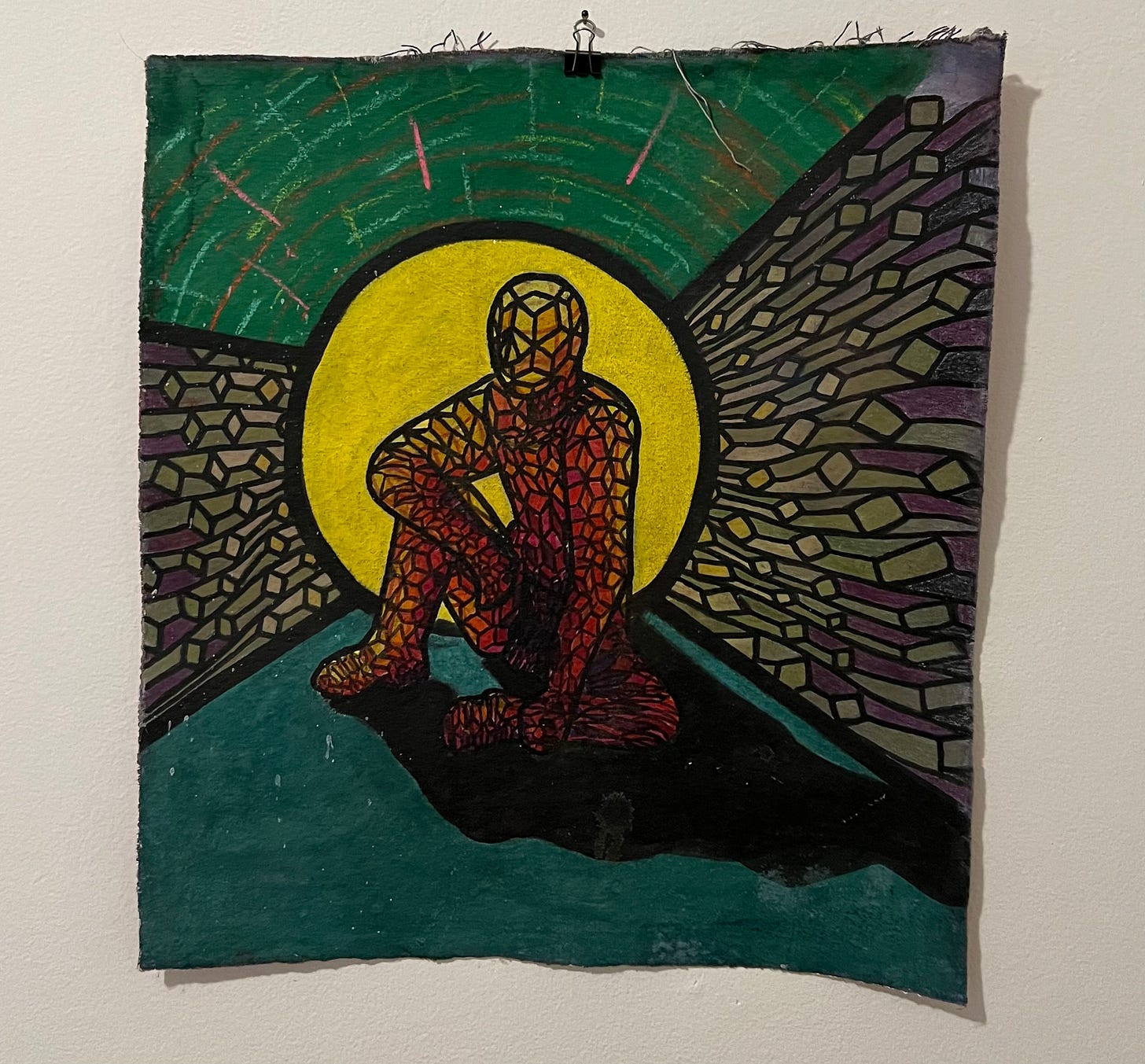
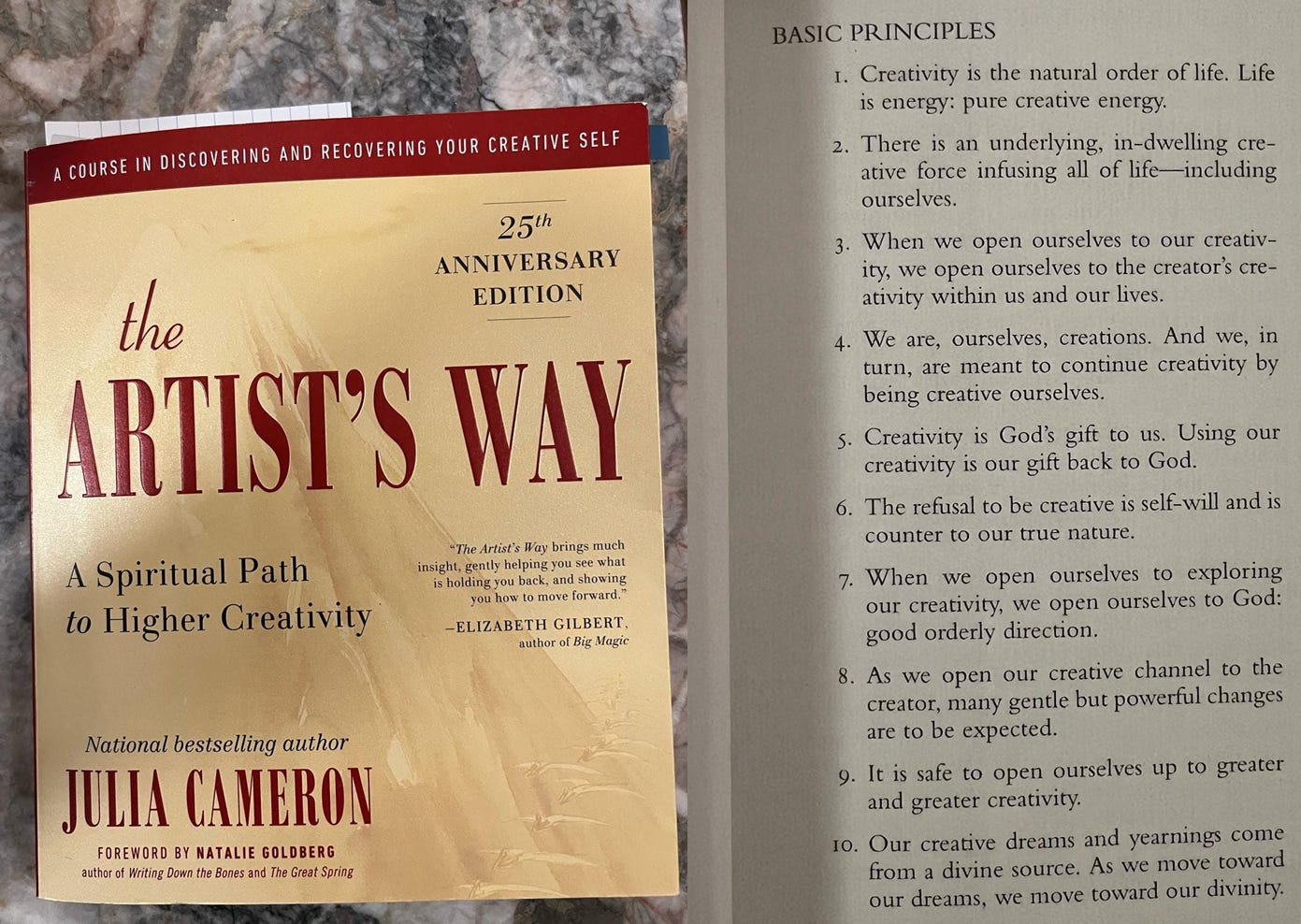
This feels incredibly resonant. I think I've moved to the Liminal step by step, and no sign I'm ever gonna come out. I wonder if these times don't require that (uncertainty, mobility, flexibility). Thank you - this feels strangely exciting...
very relatable!